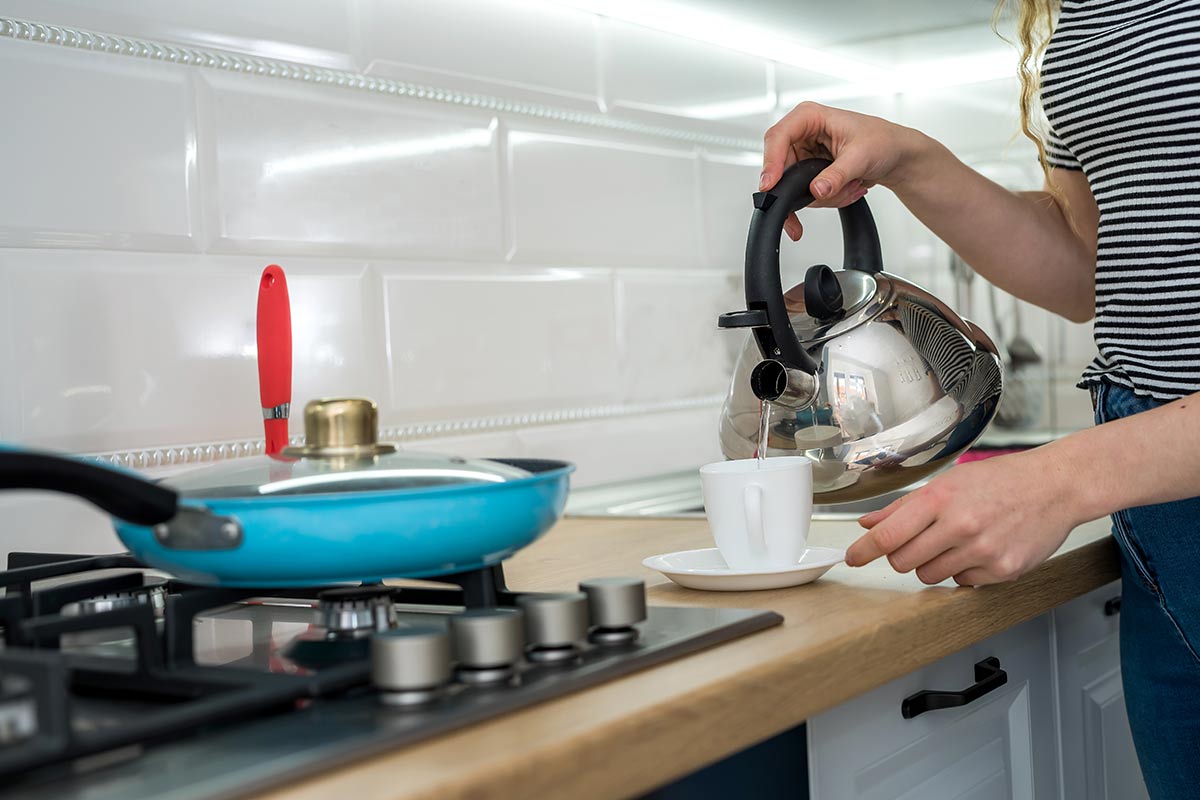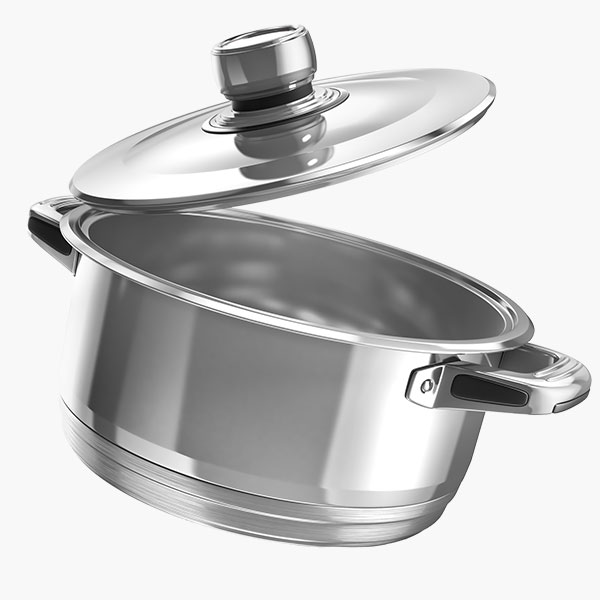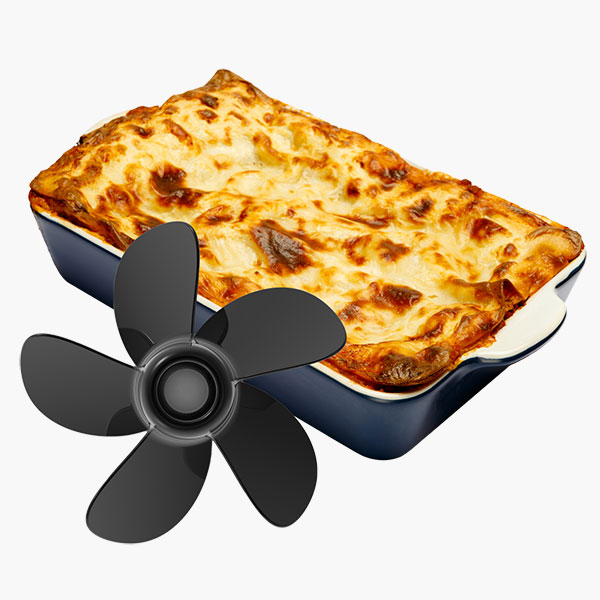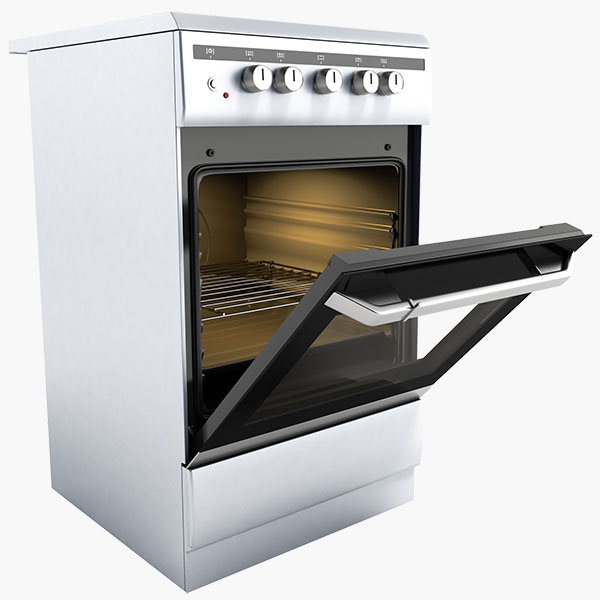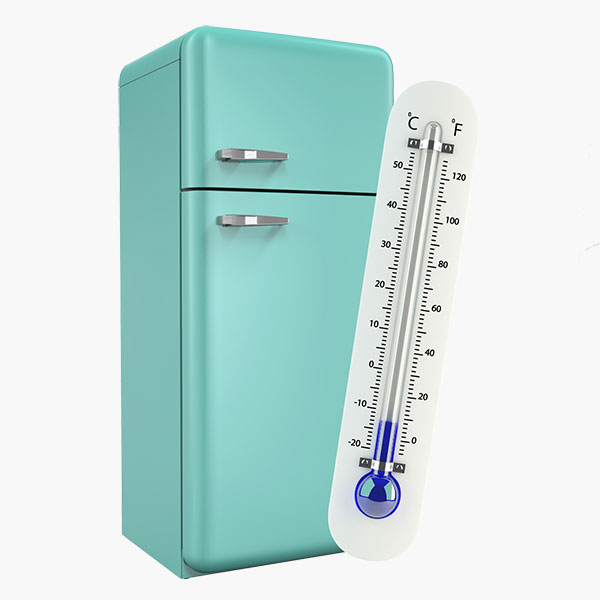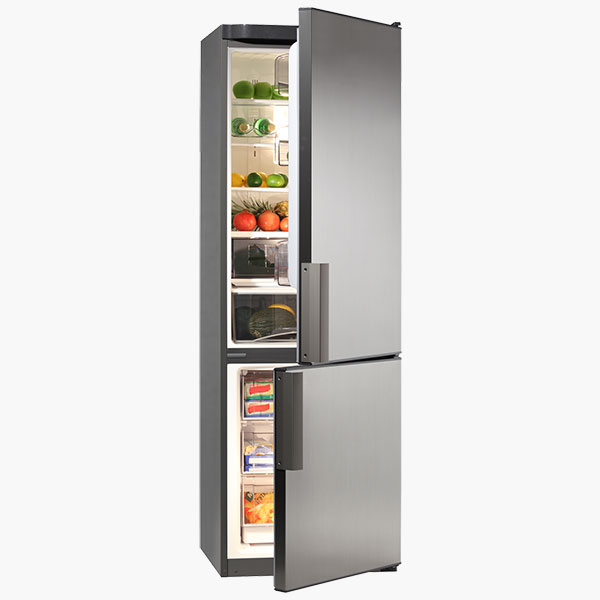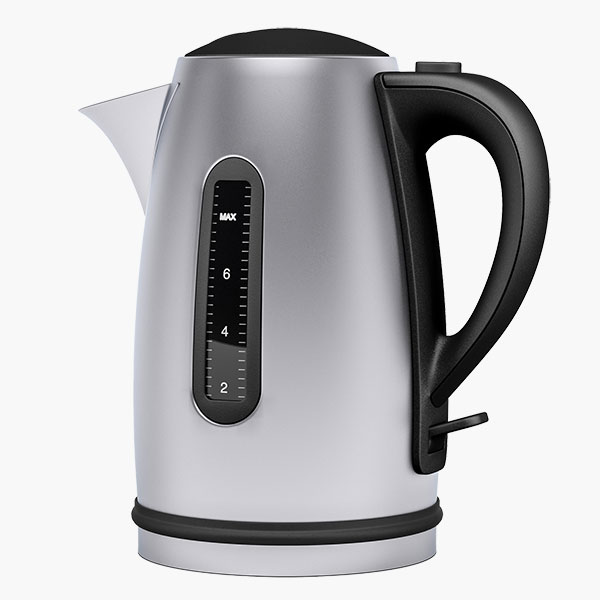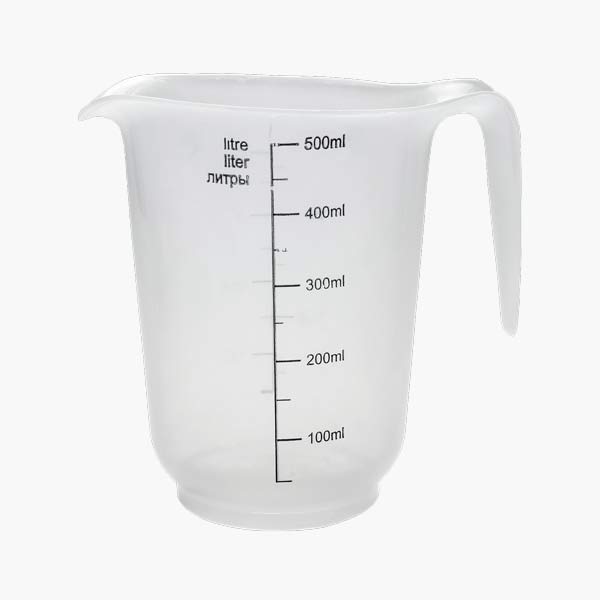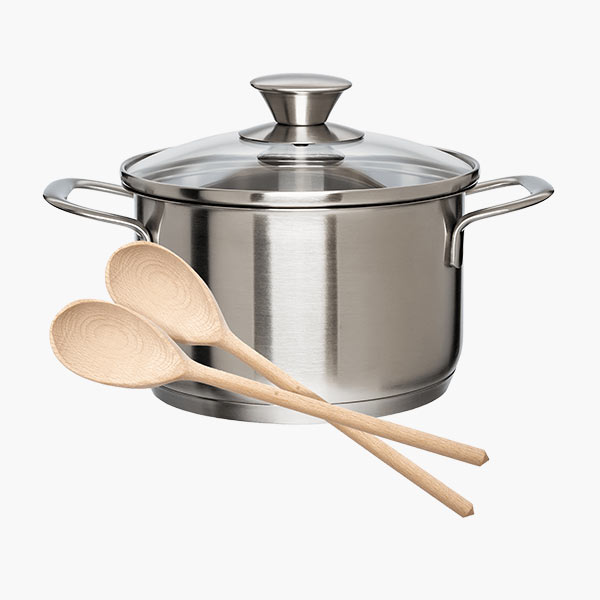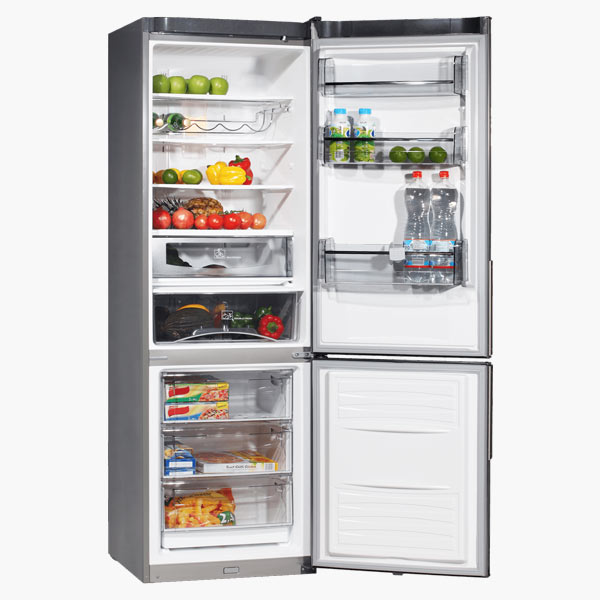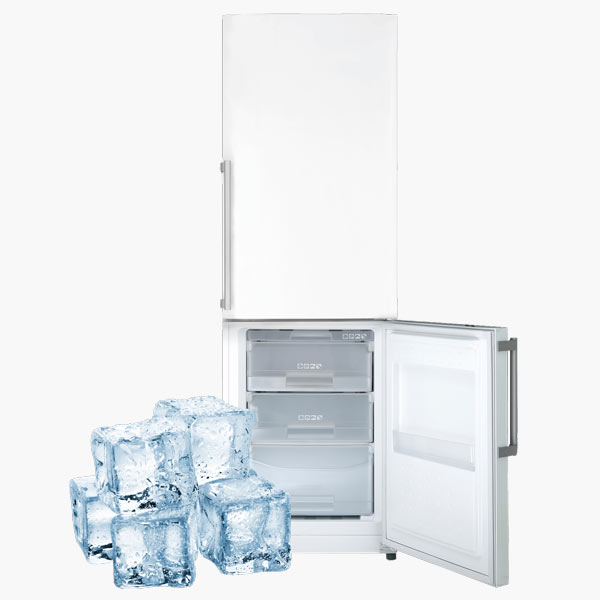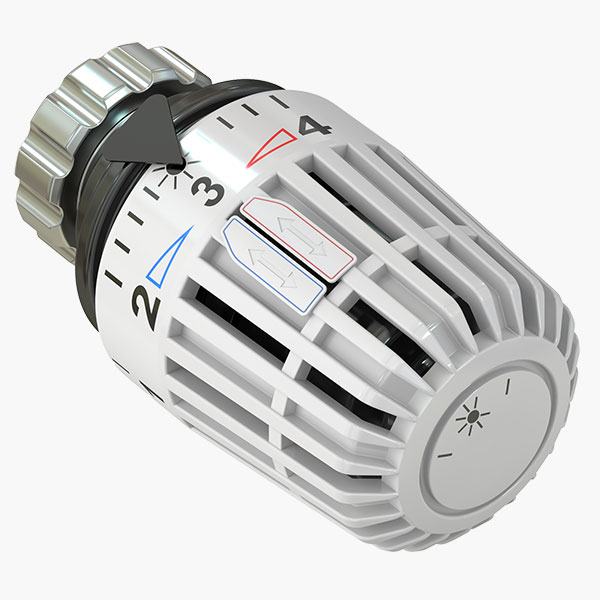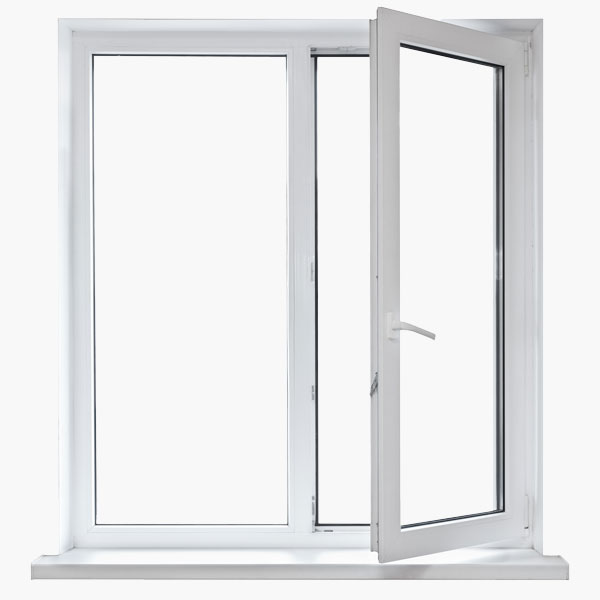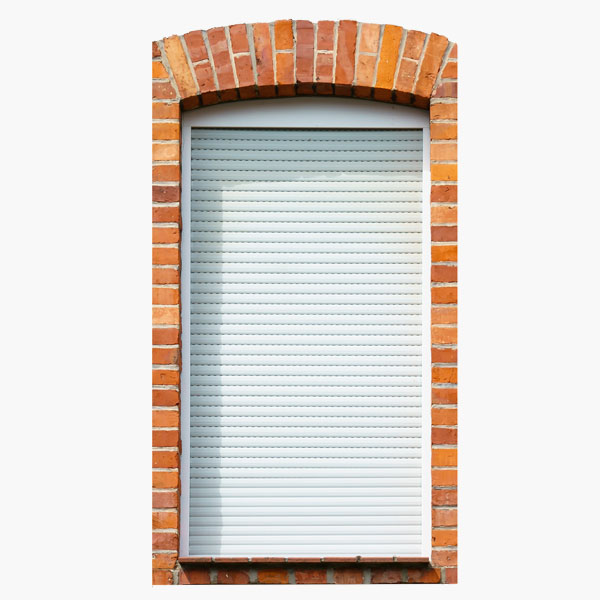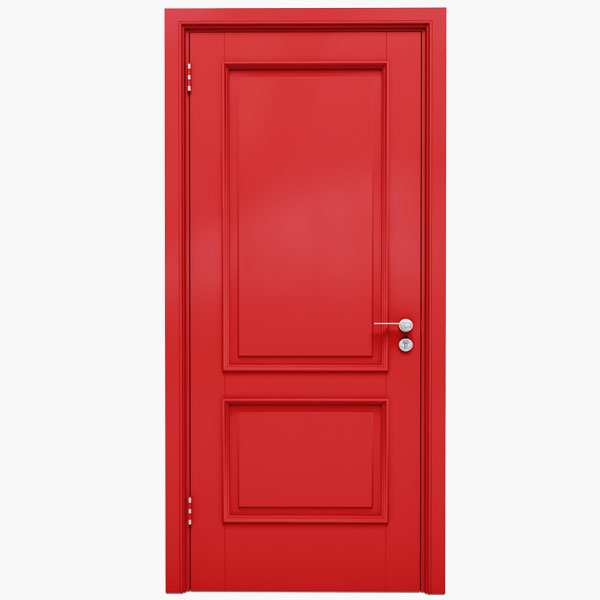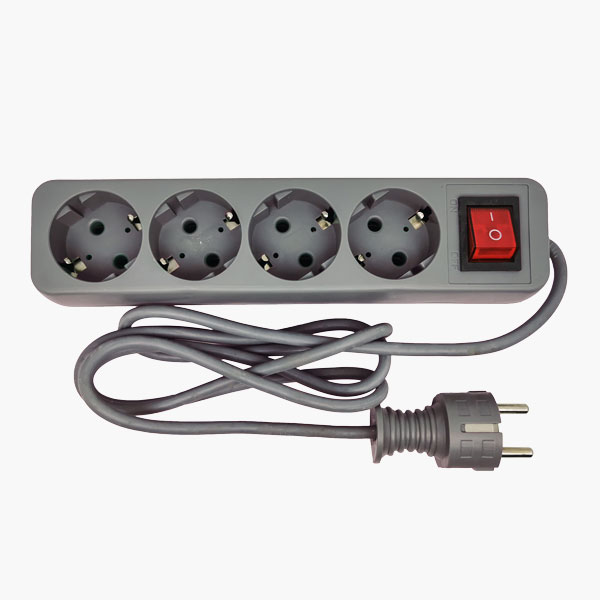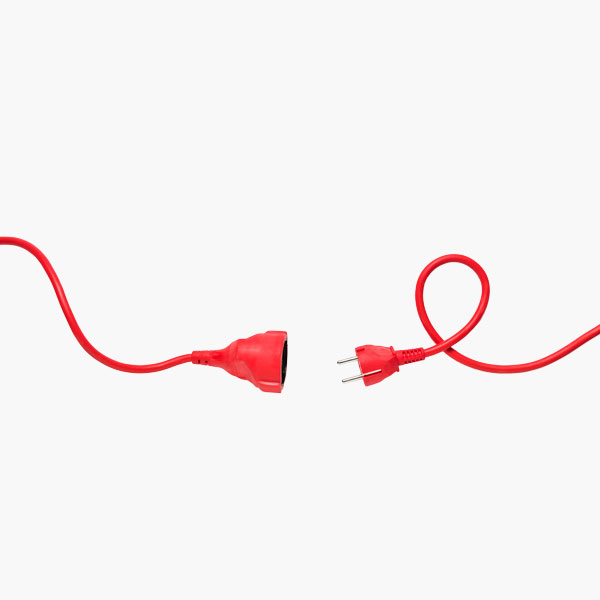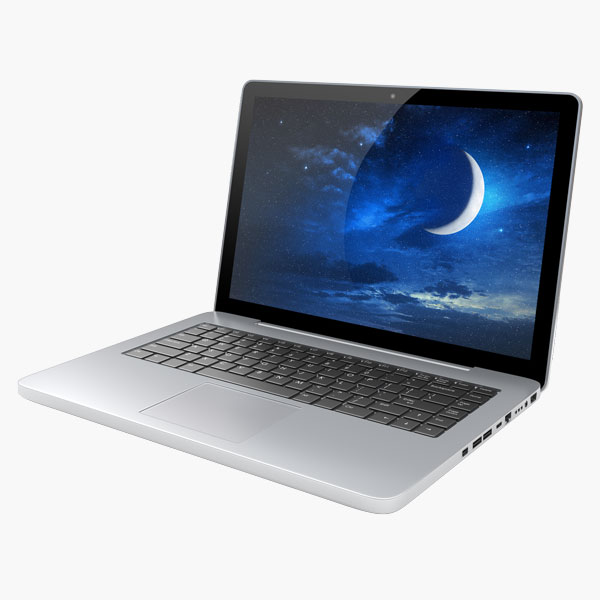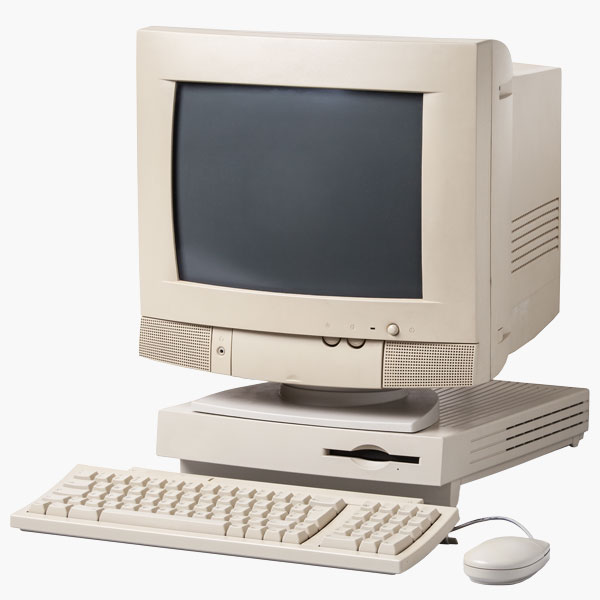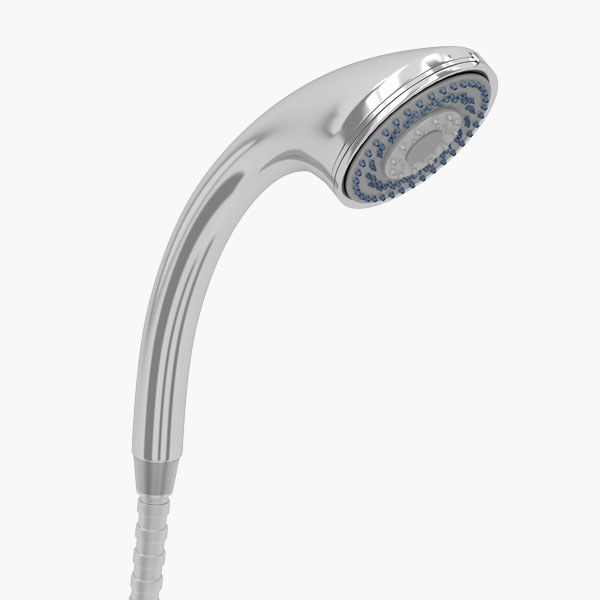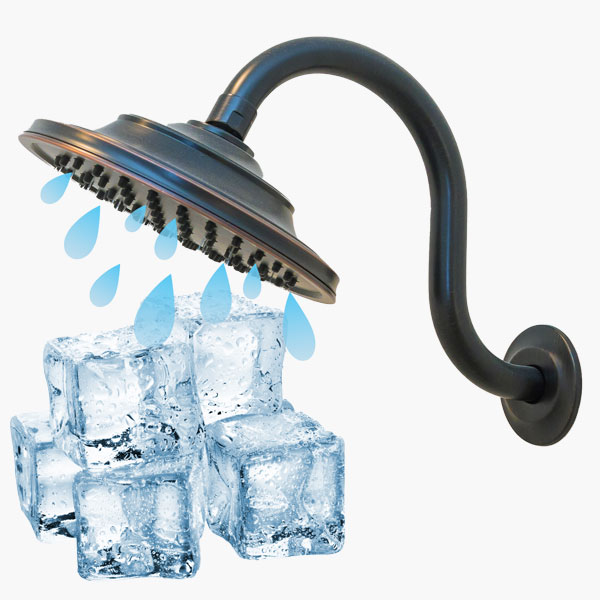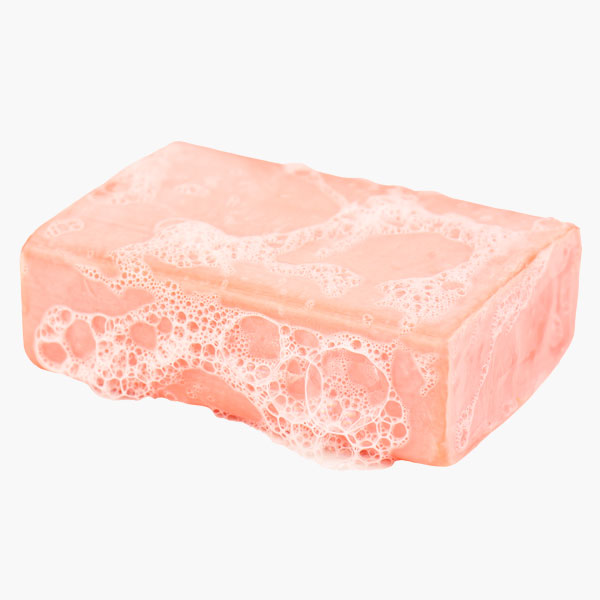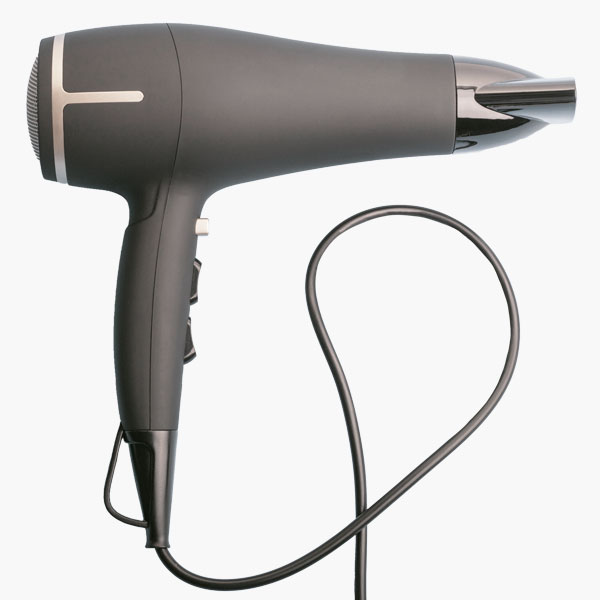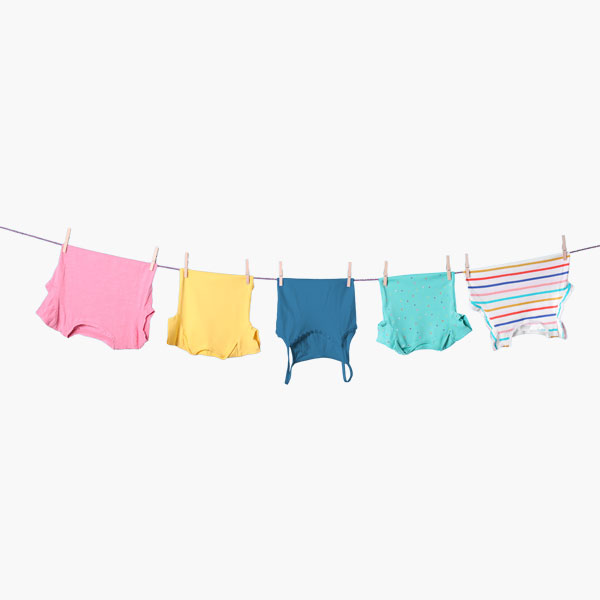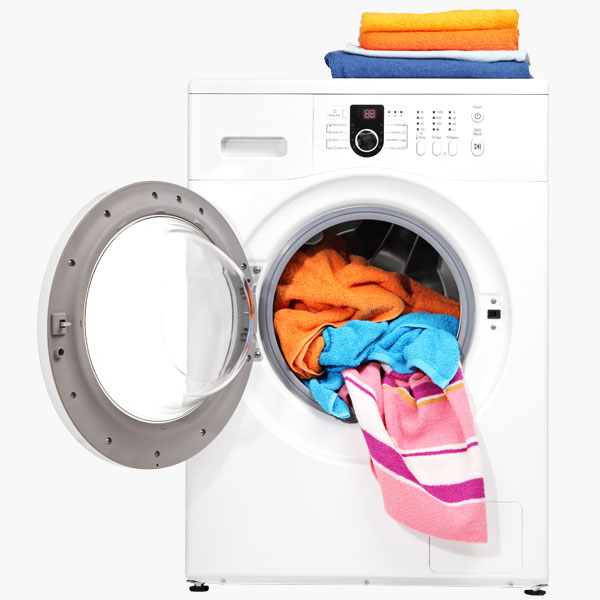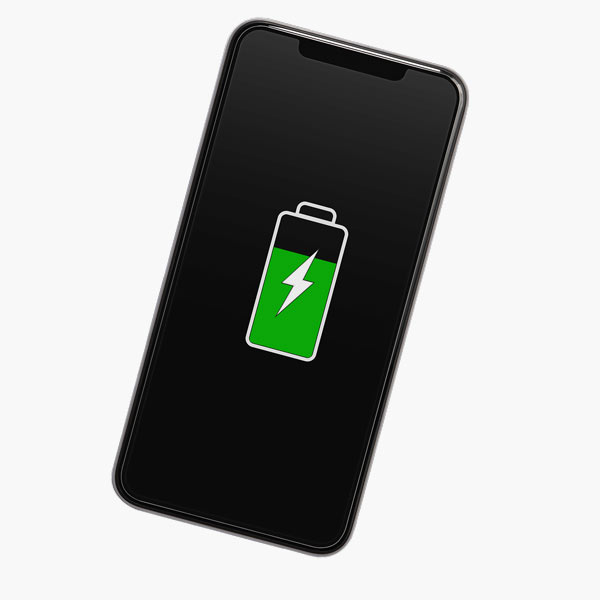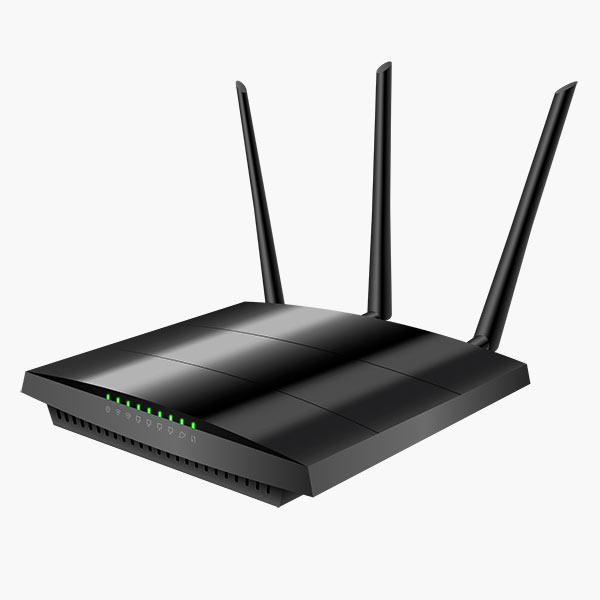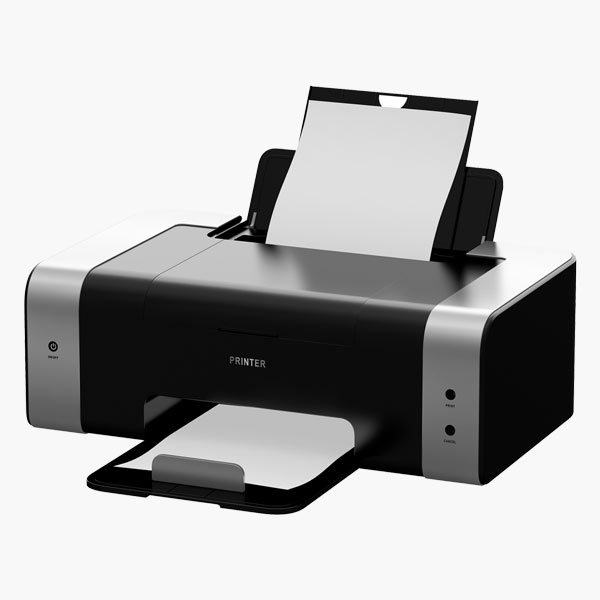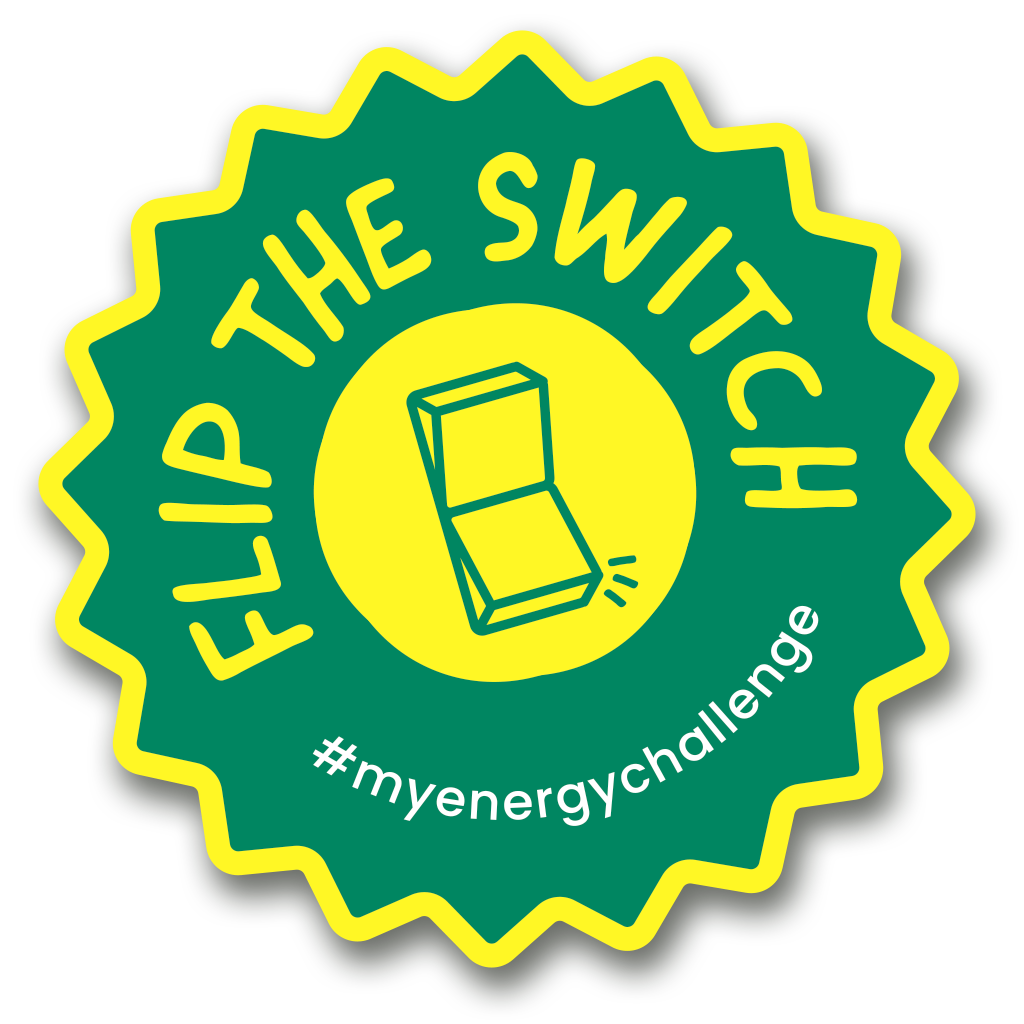Saving energy for the environment
An initiative by
Invest your energy in climate protection
Using energy efficiently
Small steps make a big impact
The #myenergychallenge
Share your personal energy-saving challenge to Instagram in reels and stories using the hashtag #myenergychallenge. And don’t forget to tag and nominate your flatmates, friends and followers. After all, we’re in this together!
Every challenge has major energy-saving potential
When showering, you use approx. 15 to 20 litres of hot water per minute. The colder the water and the quicker you shower can make all the difference.
Approximately 10% of your annual electricity bill goes on lighting. So switch off the lights when leaving a room and make the most of the daylight for as long as possible.
One hour spent streaming a Full HD video consumes between 0.22 and 0.37 kWh. Avoid binge watching and switch off screens.
Not using a hairdryer every day could save you up to €20 a year. Let your hair dry naturally instead.
Reducing the temperature in a room by one degree can lead to approx. 6% savings on heating costs. So turn down the heating and don’t forget to open those windows and ventilate the room.
Water boils quicker and more efficiently using a kettle than the electric stove. Pay attention to the amount of water and only boil as much as you need.
Test your
energy knowledge!
Twenty energy-saving tips
for everyday use
Small tips to make a big impact: how to save valuable energy in your student accommodation.
Latest news
Media overview
Downloads
Saving more energy together
We represent around 2.5 million students across Germany with 57 student service organisations. Approx. 200,000 of these students have found a home in one of 1,700 student residences. When we all make an effort to save just a bit of energy, it becomes a movement that makes a big impact.
Be a part of this big energy-saving campaign and challenge your students to the #myenergychallenge.

